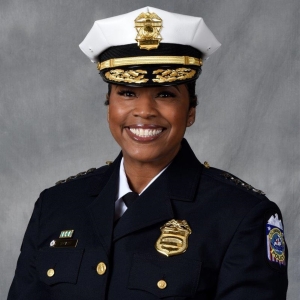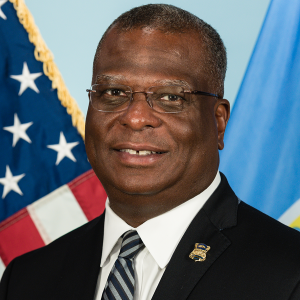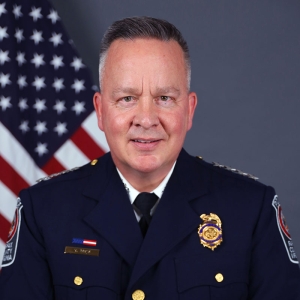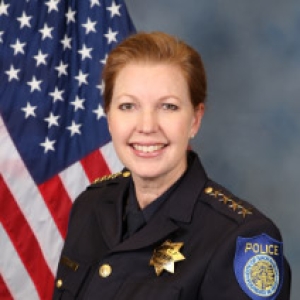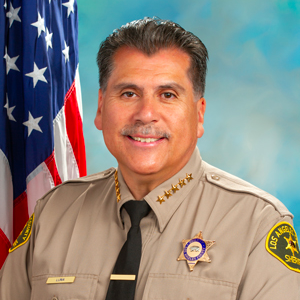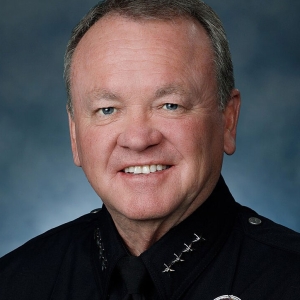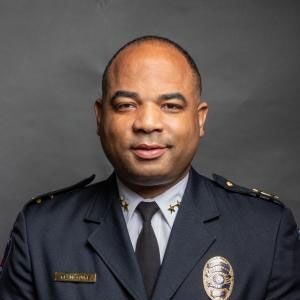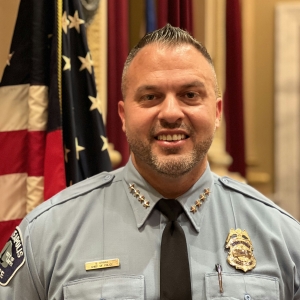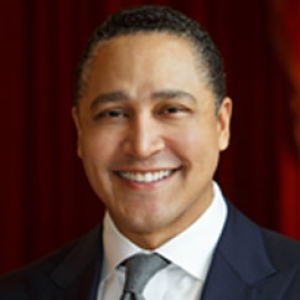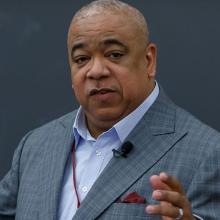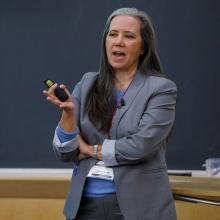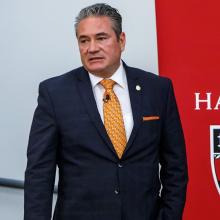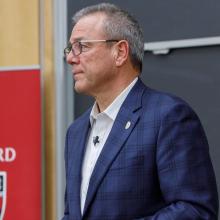Enacting a New Vision
Look back over the past decade, and you will see a dramatic and rapid evolution of public safety.
When the Public Safety Summit first convened in 2015, leaders were focused on enhancing operational efficiency and effectiveness to meet pressing demands. Forward-thinking leaders seized opportunities to integrate new technologies, develop innovative operating models, and build organizational capacity.
In recent years, unprecedented crises—from pandemics to protests—have created both disruptions to prevailing operating models alongside opportunities for impactful change. Innovative leaders have responded by bolstering constitutional policing, implementing new policies and practices, and deepening engagement with their communities.
Scan the horizon, and more change lies ahead. Public safety leaders will need to cultivate deeper collaborations with communities, evolve cultural attributes, and pace the adoption of powerful technologies – all while guiding their organizations through a volatile and politicized landscape.
To succeed in this next era, public safety leadership must advance with vision.
The 2025 Public Safety Summit: Advancing with Vision, convened by Leadership for a Networked World at the Technology and Entrepreneurship Center at Harvard, in collaboration with Mark43, will bring together visionary leaders to explore these evolving challenges and opportunities in public safety. This summit, taking place April 25-27, 2025, at Harvard University in Cambridge, Massachusetts, will equip participants with the insights, strategies, and tools needed to lead with clarity, resilience, and impact
The Public Safety Summit is a chance to step away from everyday responsibilities to explore ideas and network with an exclusive group of peers in a non-attribution environment. Programming focuses on personal enrichment and practical approaches for leaders to:
- Explore pressing issues with fellow public safety leaders, industry experts, and leading academics.
- Collaborate on ideas to advance public safety and bring back lessons to their organizations and teams.
- Reflect on personal leadership paradigms, strategies to achieve better outcomes, and opportunities for growth.
- Network with public safety leaders from around the globe and maintain relationships going forward.
This annual Summit will bring together innovative and progressive chiefs, sheriffs, commissioners, and other senior-level officials to learn and share ideas on the future of public safety, and how to lead their teams and community partners there efficiently and effectively.
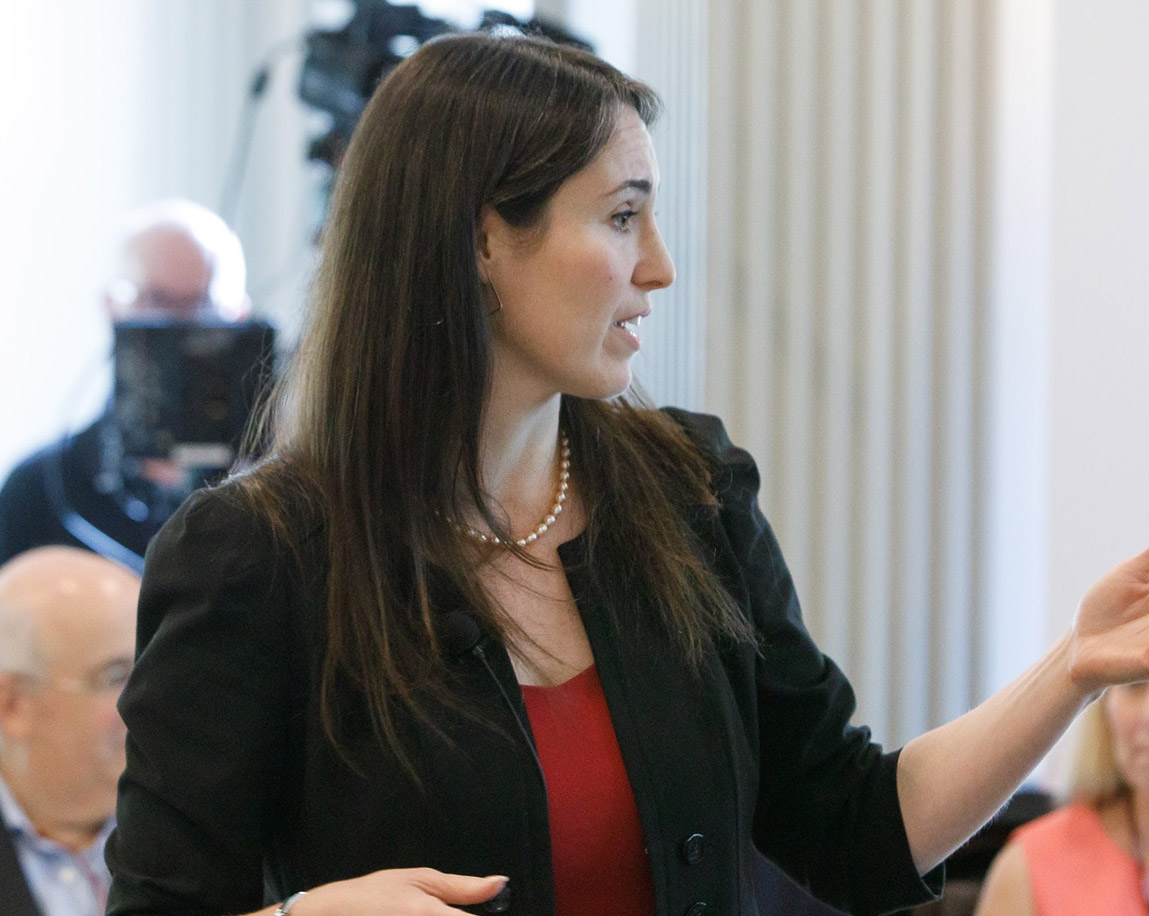
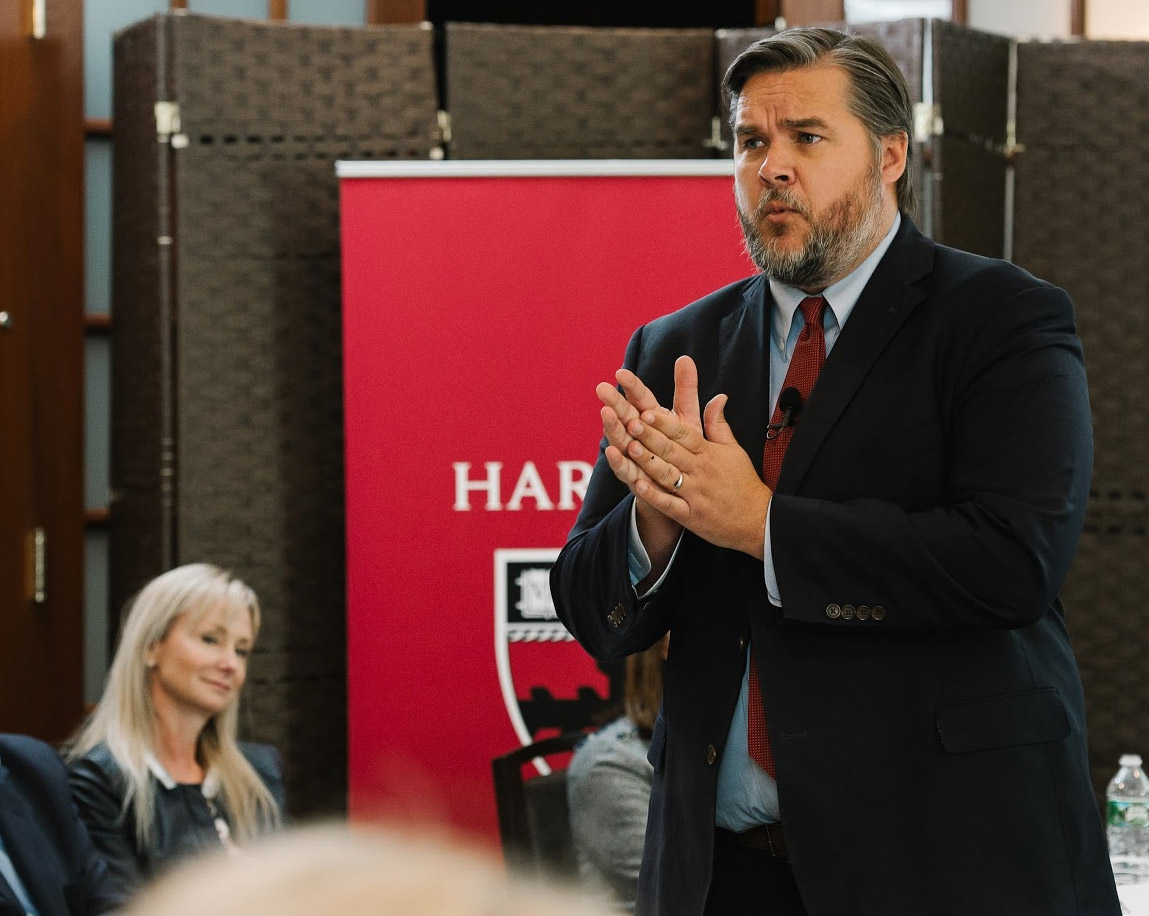
Who Should Attend?
Summit participants are senior-level public safety executives (Chief, Commissioner, Superintendent, Sheriff, etc.) in function, as well as “Chief Transformation Officers” in practice, who seek to improve organizational performance in the near term and redesign public safety for the long term.
Admission & Participation
The Summit is an invitation-only program for senior-most officials in public safety. Other applicants will be reviewed and accepted on a case-by-case basis, and according in part, to space availability. This event is supported by the hosting and collaborating organizations, so there is no tuition or fee to attend. Travel and hotel arrangements, and related expenses, are the responsibility of individual participants.
